Business in Taiwan. Economic Ties with China

Republic of China (Taiwan). Taipei. Taiwanese Economy and Foreign Trade
- Introduction to Taiwan (ROC Republic of China)
- Taiwanese Economy: one of the Four Asian Tigers;
- Taiwan as the Asia-Pacific Hub
- Competitive advantages of Taiwan
- Taiwanese Strategic Sectors;
- Food
- Automotive
- Biotechnology
- Medicine and Health
- Business in Taipei
- Taiwanese International Trade
- Economic ties with China
- Investment in Taiwan
- Taiwanese Companies and Businesspeople
- HTC Corporation
- ACER Group
- Chang Yung-fa (I-Kuan Tao). Director of Evergreen
- Business Opportunities in...
- Electronics
- Information Technology
- Textiles
- Semiconductors
- Access to the Taiwanese market
- Business Plan for Taiwan
The objectives of the subject “International Trade and Business in Taiwan (Republic of China)” are the following:
- To analyze the Taiwanese Economy and Global Trade
- To know the trade opportunities in Taiwan
- To explore the Taiwanese trade relations with the country of the student
- To know the Taiwanese Trade Agreements
- To examine the profile of the Taiwanese companies
- To develop a business plan for the Taiwanese market

The Subject “Foreign Trade and Business in Taiwan (Republic of China)” belongs to the following Online Programs taught by EENI Global Business School:
Masters: International Business, Foreign Trade.
Course: Taoism, Confucianism & Business.
Languages:  (or
(or  Taiwán
Taiwán  Taïwan).
Taïwan).
- Credits of the subject “Doing Business in Taiwan”: 2

- Duration: two weeks
Masters adapted to  Taiwanese Students.
Taiwanese Students.
Doing Business in Taiwan (Republic of China).

Taiwanese Preferential Access and Trade Agreements:
- Taiwan and the Buddhist Economic Area / Sinic Civilization
- APEC
- Panama-Taiwan Agreement
- Guatemala-Taiwan Agreement
- El Salvador-Honduras-Taiwan Agreement
- Nicaragua-Taiwan Agreement
- China-Taiwan Economic Cooperation Framework Agreement
- New Zealand-Taiwan Agreement
- Singapore-Taiwan Agreement
- SICA (observer)
- Trans-Pacific Partnership (CPTPP) - Candidate Country

- WTO
- GATS
- Agreement on Sanitary Measures
- Agreement on Technical Barriers to Trade
- Agreement on Preshipment Inspection
- Agreement on Safeguards
- Trade Facilitation Agreement
- Is not a member of the
- BIC
- Chicago Convention (ICAO)
- IMO
- WCO
- Kyoto Convention
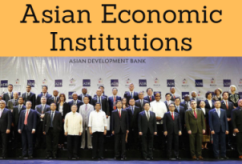
- Asian Development Bank
- Africa-Asia Strategic Partnership

- UN
- WB
- WTO
- IMF
- Pacific Economic Cooperation Council
- OECD
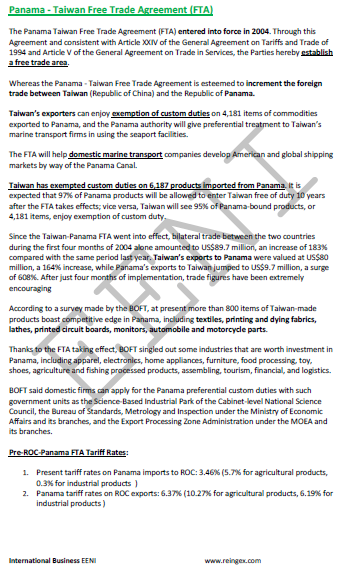
Taiwan (Republic of China).
- Taiwanese Population: 23 million people
- Capital of Taiwan: Taipei
- The official language of Taiwan is Mandarin Chinese
- Taiwanese Area: 36,200 km²
- Taiwan is a Semi-Presidential Republic
- Taiwanese currency: New Taiwan Dollar
Religion in Taiwan (Asia).
- Mahayana Buddhism (ZEN) and Taoism has a strong presence in Taiwan and to a lesser extent Confucianism
- Christianity (1 million)


Taiwan belongs to the Buddhist Civilization / Sinic Civilization
Taiwanese Economy.
The Republic of China (Taiwan ROC) is one of the Four Asian Tigers, the strategic position at the heart of the Asia-Pacific region, converts Taiwan in a Global manufacturing centre.
Taiwan is one of the most dynamic economies in the World:
- Taiwan is the 17th world's largest economy
- 14th largest exporter
- 16th largest importer
- Taiwan is the third largest holder of the foreign exchange reserves
- Small and medium-sized companies (98% of all the Taiwanese companies) play a fundamental role in the Taiwanese economy
- The Taiwanese manufacturing sector represents 25% of the GDP
- Top manufactured goods of Taiwan are IC chips, LCD panels, semiconductors, electronic components, mechanical and electrical appliances, textiles, plastics, petrochemical products, electrical machinery, precision instruments, iron, and steel
- The Republic of China (Taiwan ROC) has strong competitive advantages in the Information and Technology manufacturing industry. Taiwan is the second largest IT hardware manufacturing nation in the World
- Enterprises from Taiwan are the main computer monitors suppliers in the World and leaders in PC production
- Textile and apparel production is still a major export sector of Taiwan (200,000 workers)
- The Taiwanese services sector represent 69% of the GDP
- Top service activities in China (Taiwan ROC) are wholesale and retail (19% of the GDP), property (real estate) and leasing, financial services and insurance, transport, and information and communications providers
- Taiwan is one of the “four tigers” of Asia, along with South Korea, Singapore, and Hong Kong
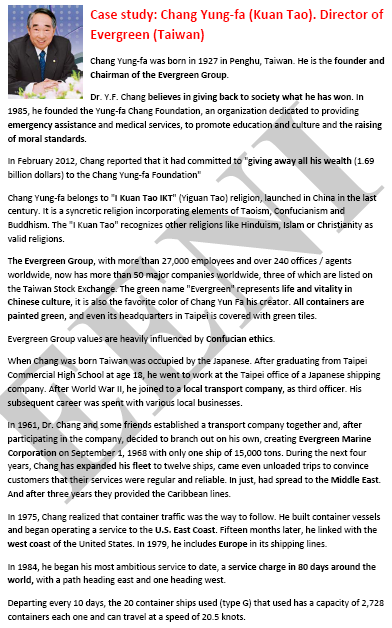
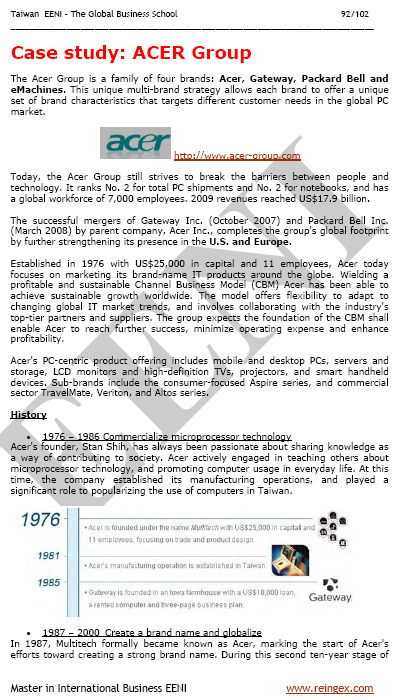

International Trade of Taiwan.
The Republic of China has not natural resources and has a small local market, for this reason, the Taiwanese economy is based on the international trade (80% of the gross national product).
- Taiwan is the fifteenth largest exporter in the World
- Top export products of Taiwan: electrical machinery, mechanical appliances, plastics, textiles, and iron and steel
- Top export markets of Taiwan: The U.S., Hong Kong, and Japan (53.3% of the total exports)
- Taiwan is the 16th largest importer
Economic Relations with China.
On June 29, 2010, Taiwan and mainland China signed the Framework Agreement on Economic Cooperation to strengthen the bilateral trade and economy and to reduce political risks between Taiwan and mainland China. Taiwanese official statistics indicate that Taiwan firms had invested 84,400 million dollars in China (more than 50% of the FDI stock).
Foreign direct investment in Taiwan.
Taiwan offers some advantages to multinational firms and investors over other countries in Asia. Taiwan's economy has gone from labour-intensive to being knowledge-based and capital-intensive, so the country has a variety of new opportunities for the foreign direct investment in Taiwan. In fact, some key high-tech industries in the World are in Taiwan.
There are significant business opportunities:
- Semiconductors
- Opto-Electronics
- Precision Machinery and Instrumentation
- Metals
- Computers and communication equipment
- Electrical products
- Civil Aviation and automotive
- Biomedical and pharmaceutical products
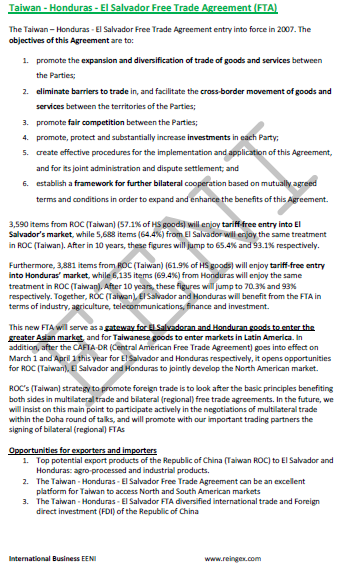
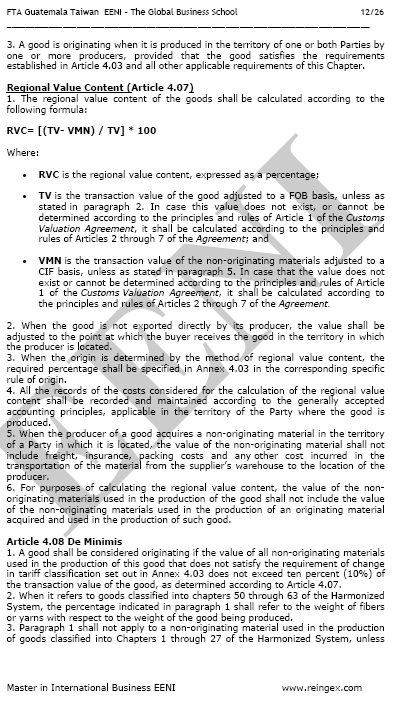
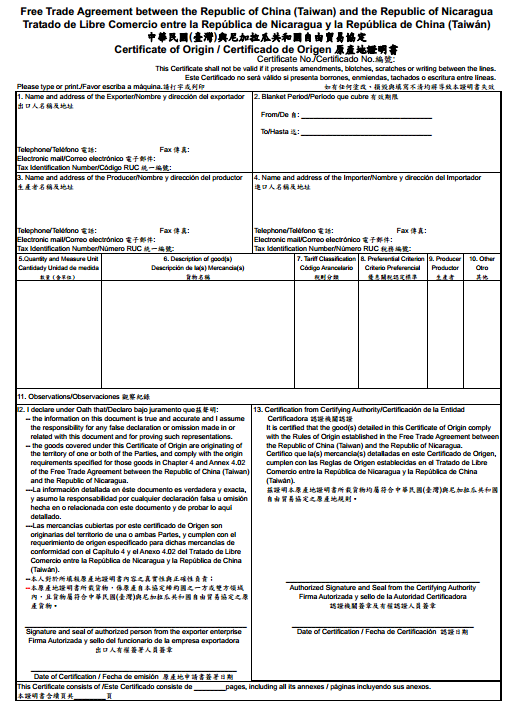
(c) EENI Global Business School (1995-2024)
We do not use cookies
Top of this page



